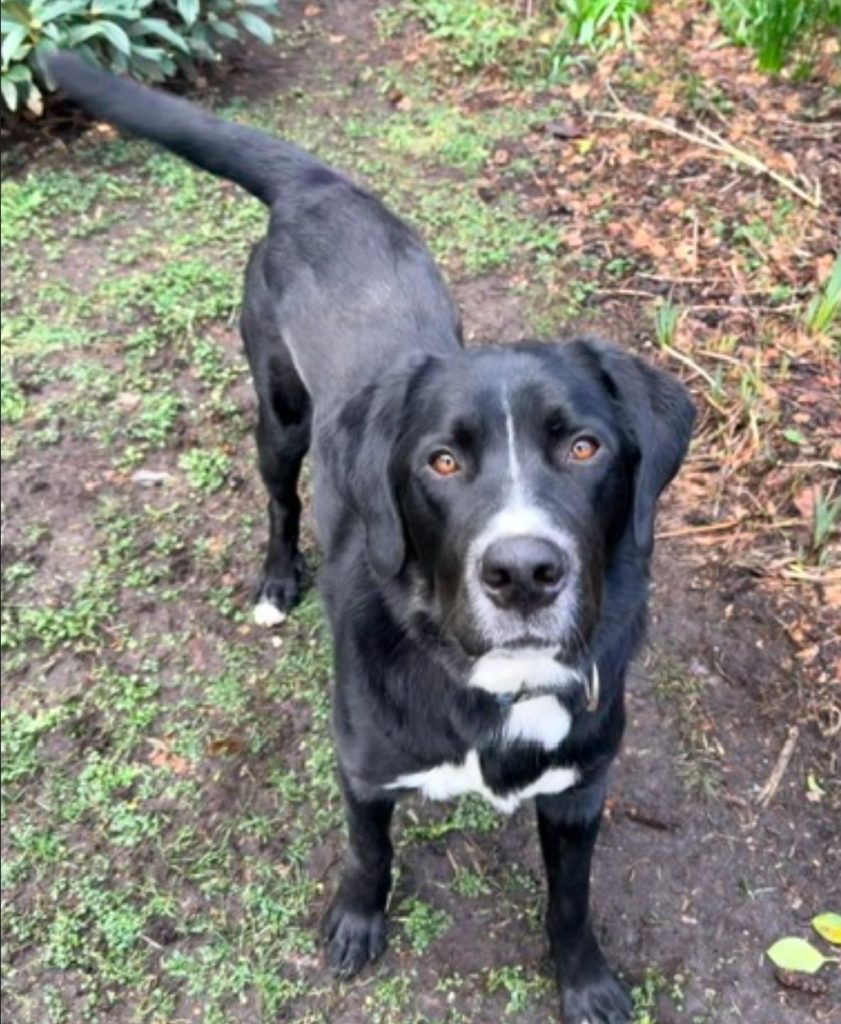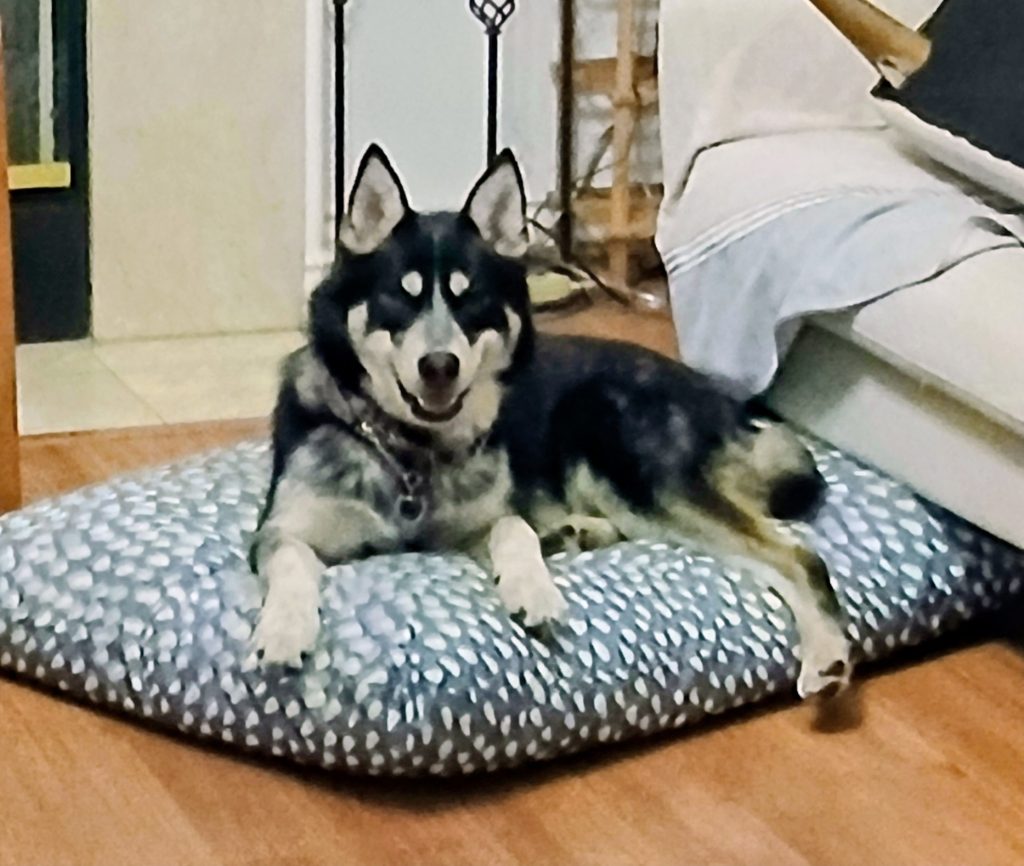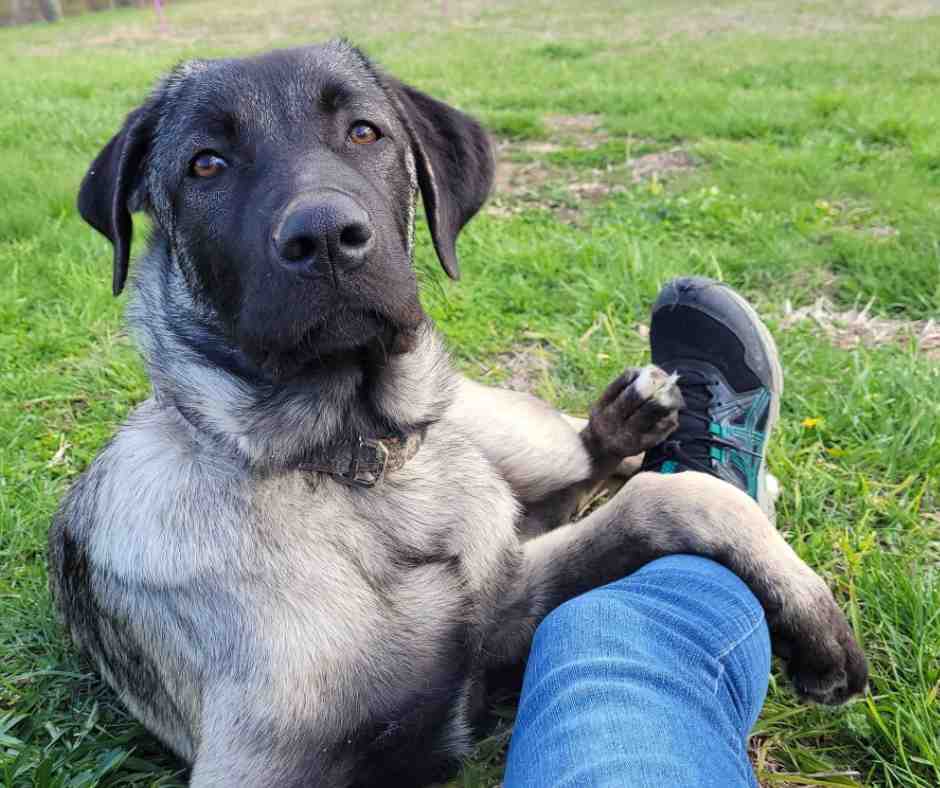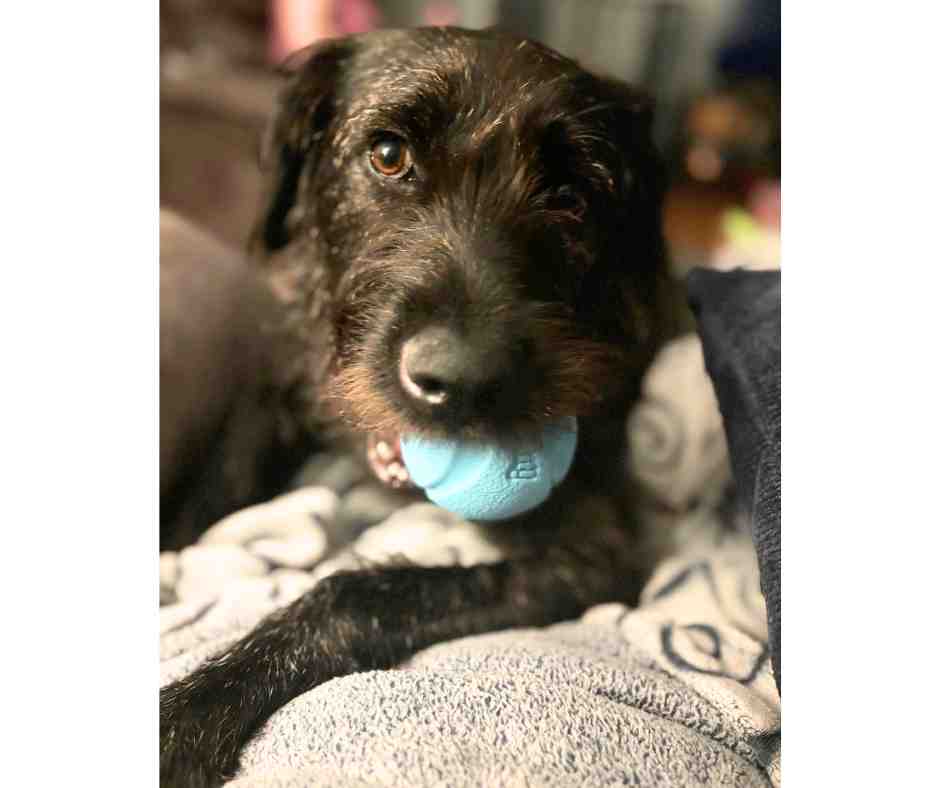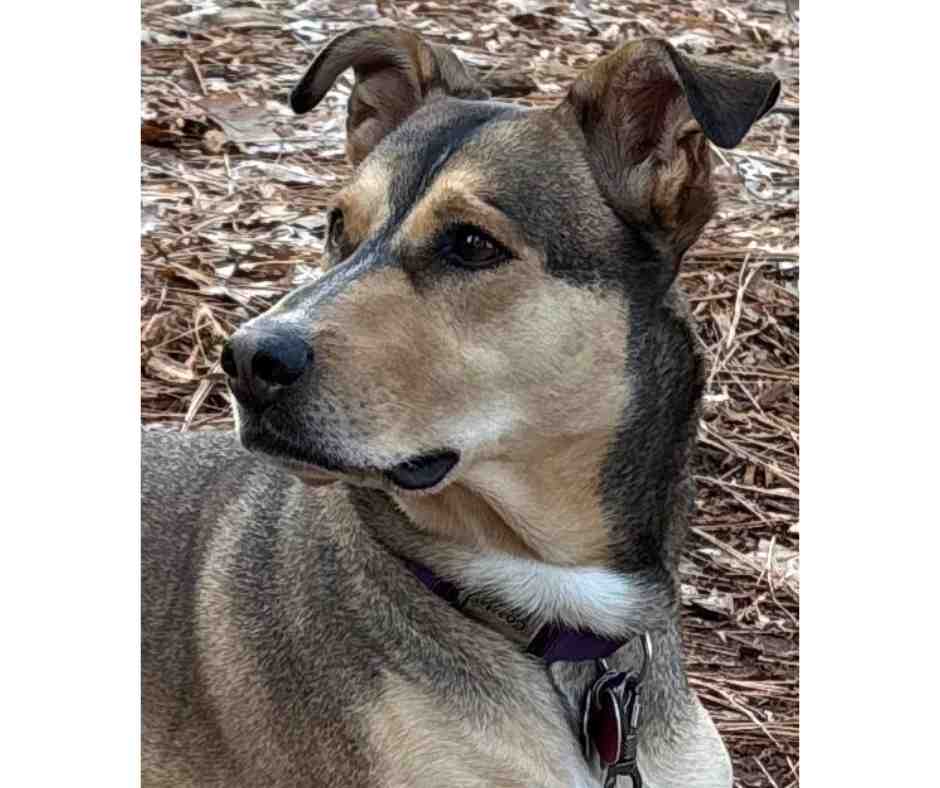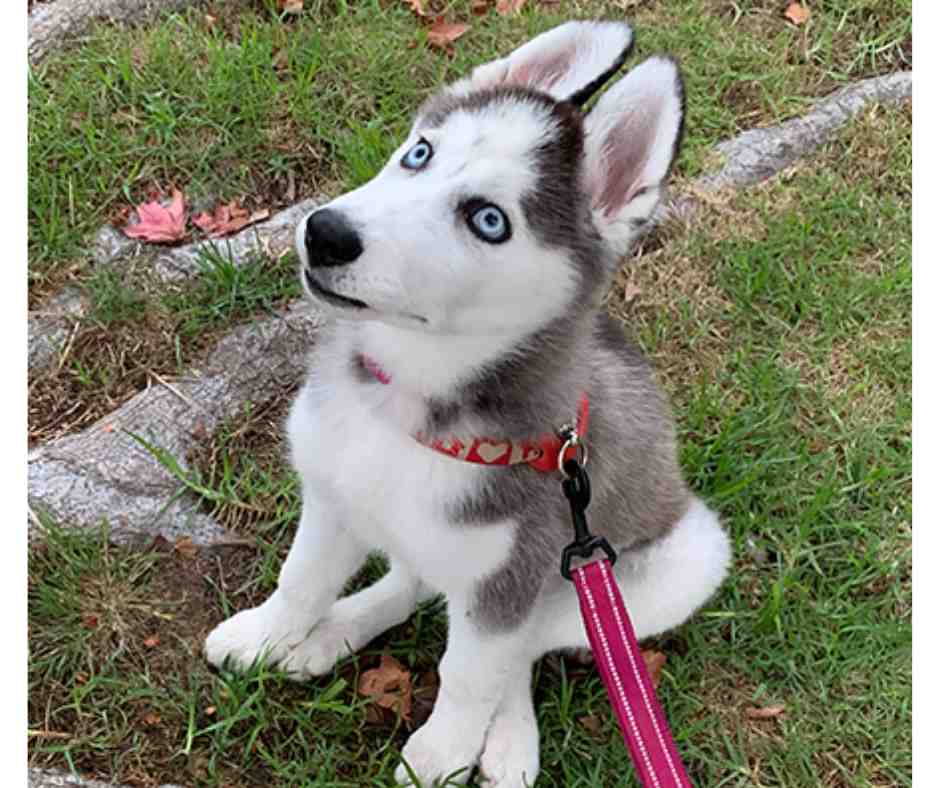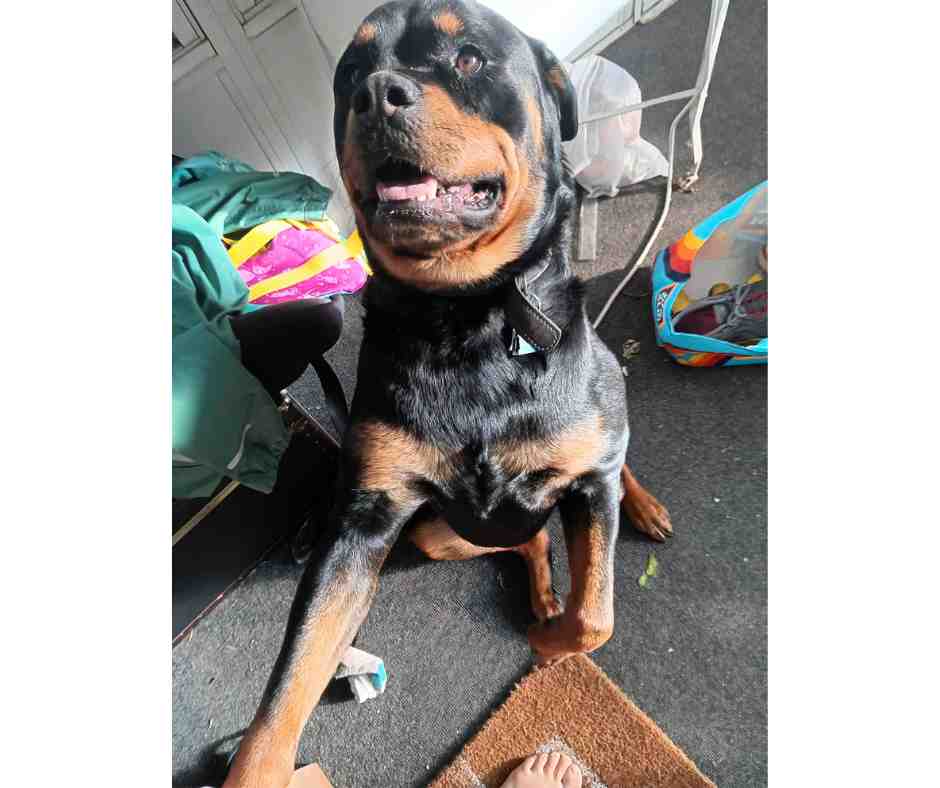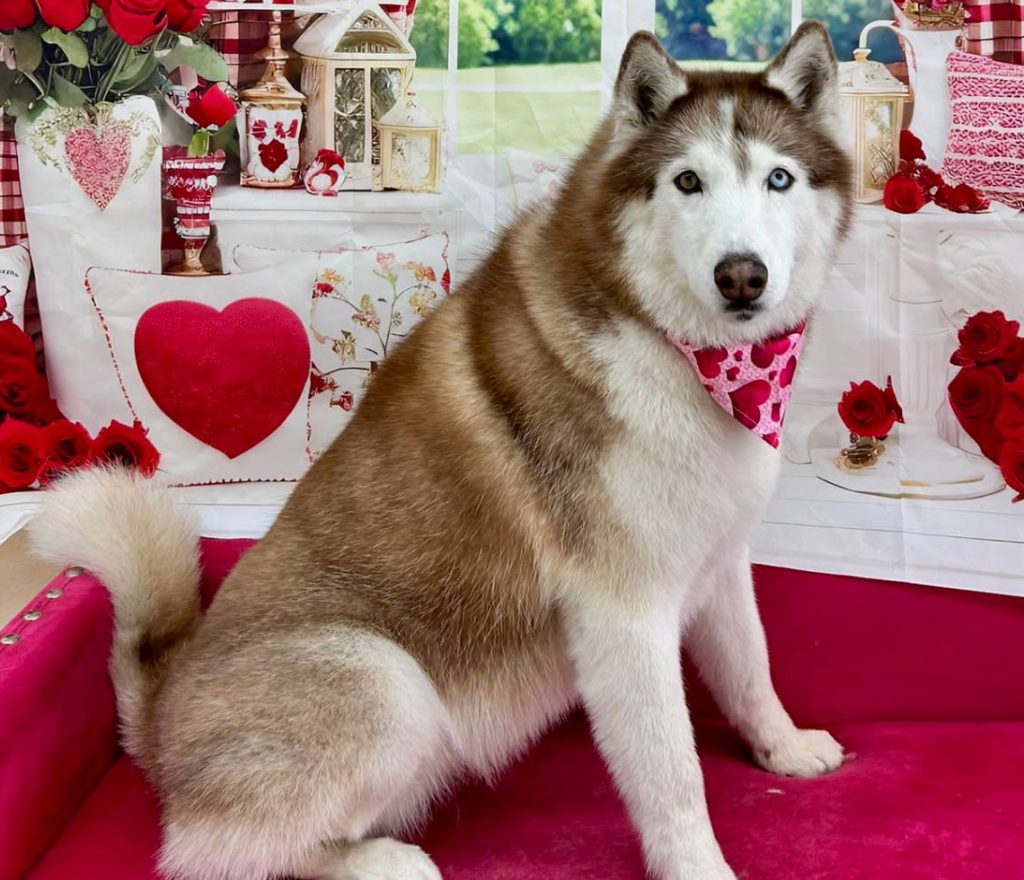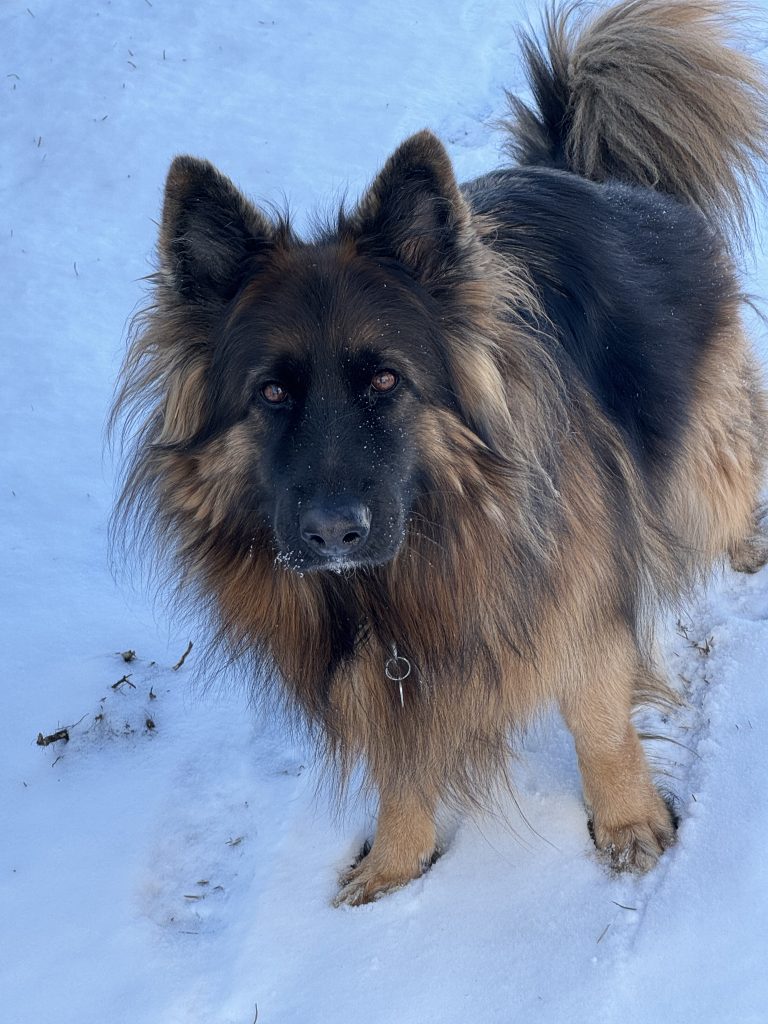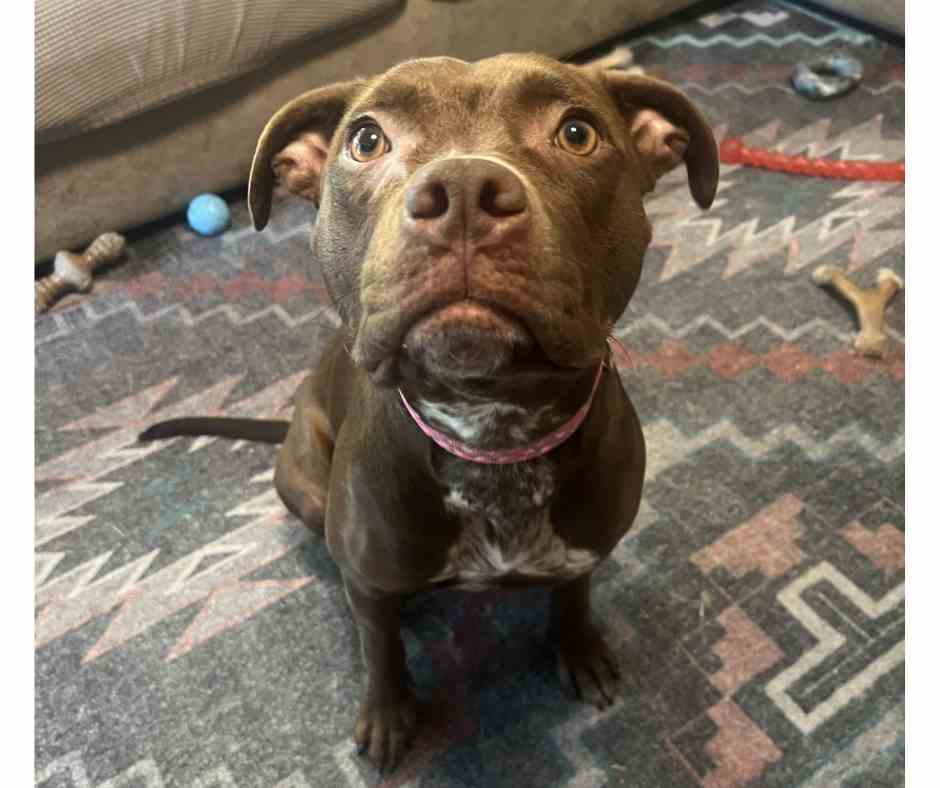🐕 Large-Sized Dogs for Adoption
Browse our available dogs or learn more about adopting a large-sized breed!
🐕 Available Large-Sized Dogs for Adoption
Browse our adorable large-sized dogs looking for loving homes! If you’re searching for the perfect furry companion, check out the available dogs below.
Bernese Mountain Dog Mix For Adoption in Richmond BC – Meet Henri
Looking for a Bernese Mountain Dog mix for adoption in Richmond, BC? Henri would love to be considered for the…
Amazing Siberian Husky Mix Dog for Adoption in Los Angeles CA – Meet Bluey
Looking for a Siberian Husky mix dog for adoption in Los Angeles, CA? Healthy, affectionate and very well behaved, Bluey…
Amazing Anatolian Shepherd For Adoption in Knoxville (Dandridge) TN – Meet Sully
Looking for an Anatolian Shepherd to adopt near Knoxville or Dandridge, TN? Meet Sully — a loyal, goofy, and big-hearted guardian searching for a new home where he can run, explore, and love deeply. This gentle giant thrives with space, structure, and an experienced large-breed owner. Read Sully’s full story and apply to adopt this deserving Anatolian Shepherd today.
Stunning German Wirehaired Pointer Dog For Adoption in London (Strathroy) ON – Meet Midnight
Midnight is a beautiful 3-year-old German Wirehaired Pointer dog for adoption in Strathroy, Ontario, near London. This playful, expressive girl is seeking a quiet, cat-free forever home where she can thrive with patient, loving guidance.
2 Pitbull Mix Dogs For Adoption in Cincinnati Ohio – Meet Junior and Whoa
Looking for a pair of Pitbull Mix dogs for adoption in Cincinnati, Ohio? Junior and Whoa would love to be…
German Shepherd Mix Dog For Adoption in Grass Valley CA – Meet Daisy
Daisy is a stunning 3-year-old German Shepherd mix for adoption in Grass Valley, California — convenient to Sacramento, Roseville, Auburn,…
Adorable Siberian Husky Puppy for Adoption in Los Angeles CA – Meet Amy
Meet Amy, a 4-month-old Siberian Husky puppy for adoption in Los Angeles, CA. With her sparkling blue eyes, playful spirit, and loving heart, Amy is the perfect mix of energy and affection. Her current owner must relocate overseas and hopes to find Amy a forever home filled with love, adventures, and cozy naps. If you’ve been searching for a Husky puppy to adopt in Los Angeles, Amy is ready to steal your heart.
Stunning Rottweiler Dog For Adoption in Toledo (Oregon) OH – Meet Bailey
Bailey is a 3-year-old Rottweiler in Toledo, OH, who loves cuddles, playtime, and protecting her family. Loyal, gentle, and full of heart — she’s ready for her forever home!
Sweet American Bulldog For Adoption in Grand Rapids, MI – Meet Chu Chu
Meet Chu Chu, a lovable 7-year-old American Bulldog with a heart as big as her smile. Equal parts protector and pillow-snuggler, Chu Chu adores back scratches, short walks, and cozy nights under the covers. This beautiful girl is searching for a one-and-only home where she can be the center of attention and share her endless loyalty, love, and laughter.
Delightful Siberian Husky Dog For Adoption in Tucson AZ – Meet Racie
Gentle, loyal, and calm, Racie is a stunning Husky with a heart as soft as her fur. She loves walks, quiet company, and a good yard to explore. Looking for a devoted companion in Tucson? Racie’s ready to be your forever girl. 💖
Stunning Purebred Long Coat King Shepherd Dog For Adoption in Hope Mills NC – Meet Jazz
Looking for a purebred long coat King Shepherd (GSD) dog for adoption in Hope Mills, NC? Jazz would love to…
American Pit Bull Terrier Mix Dog for Adoption in Chatsworth GA – Meet Diva
Once seized in a cruelty case, Diva the Pitbull mix has turned heartbreak into a masterclass in forgiveness. This 2-year-old cuddlebug is sunshine in fur — crate-trained, loyal, and obsessed with frozen blueberries. She loves people, soft pillows, and being your personal snuggle heater. Diva’s looking for a quiet, child-free home where she can finally be the star of her own happily-ever-after. If you’ve ever wanted to adopt a survivor with a heart of gold (and a diva’s flair for comfort), this beautiful girl is ready to love you forever.
📩 Didn’t find your perfect match? Consider joining our waiting list to be notified when new large breed dogs become available in your area. Your perfect match could be available very soon.
Why Adopt a Large Breed Dog?
Large breed dogs make wonderful companions, offering loyalty, protection, and plenty of love. However, adopting a big dog comes with unique responsibilities. Before bringing one home, it’s important to consider both the benefits and challenges to ensure they’re the right fit for your lifestyle.
Pros of Adopting a Large Breed Dog
- Loyal & Protective: Large dogs are often naturally protective and make excellent family guardians.
- Great Companions: Many large breeds are affectionate, gentle, and great with families, forming deep bonds with their owners.
- Excellent Exercise Partners: If you enjoy outdoor activities like hiking, running, or long walks, a large breed dog can be a great companion.
- Trainability: Many large breeds are highly intelligent and eager to learn, making them excellent candidates for training.
- Good for Working Roles: Some large breeds excel in service, therapy, search-and-rescue, or farm work, thanks to their intelligence and strength.
Cons of Adopting a Large Breed Dog
- Space Requirements: Large dogs need room to move and may not be suitable for small apartments or homes without a yard.
- Higher Costs: Food, veterinary care, medications, and supplies tend to be more expensive for large breed dogs.
- Shorter Lifespan: Unfortunately, large breeds often have shorter lifespans than smaller dogs, averaging around 8-12 years.
- Physical Strength: Strong dogs require owners who can manage them properly, especially on walks or in training situations.
- Potential Health Issues: Many large breeds are prone to hip dysplasia, bloat, and joint problems, requiring attentive care and regular vet check-ups.
If you’re prepared for the responsibilities, a large breed dog can be an incredible addition to your family. They bring love, companionship, and a special kind of presence to any home.
Ready to adopt? Check out our Large Breed Dogs for Adoption and find your perfect match!
Common Large Breed Dogs
- Labrador Retriever
- Golden Retriever
- German Shepherd
- Rottweiler
- Doberman Pinscher
- Weimaraner
- Bernese Mountain Dog
While large breed dogs vary in temperament and needs, they generally require more space, exercise, and training compared to smaller breeds. They can be fantastic companions for active individuals and families ready for the responsibility of a big dog.
🐶 Looking for a large-sized dog? Browse our available dogs for adoption or join our waiting list today!
📋 Popular Large-Sized Dog Breeds for Adoption
Large-sized dogs come in a variety of breeds, each with unique traits and personalities. Below are some of the most popular large-sized breeds available for adoption.
Companion Breeds
- Labrador Retriever
- Golden Retriever
- Standard Poodles For Adoption
- Dalmatians For Adoption
- Chow Chows For Adoption
Herding Breeds
- German Shepherds For Adoption
- Australian Shepherd
- Belgian Malinois For Adoption
- Border Collies For Adoption
- Collies For Adoption
Sporting Breeds
- English Setters for Adoption
- Chesapeake Bay Retrievers For Adoption
- Weimaraners For Adoption
- Vizslas For Adoption
- German Shorthaired Pointers For Adoption
Terrier Breeds
- Airedale Terriers For Adoption
- American Staffordshire Terriers (Amstaffs) For Adoption
- Bull Terriers For Adoption
- American Pit Bull Terriers (Pitbulls) For Adoption
🐶 Not sure which breed is right for you? Browse our available large-sized dogs or join our waiting list today!
🔄 Large-Sized Dog Mix Breeds
Many large-sized dogs are mixed breeds, combining the best traits of two or more breeds. These dogs can be incredibly unique, intelligent, and adaptable. Below are some of the most popular large-sized mixed breeds available for adoption.
Popular Mixed Large Breed Dogs
Mixed breed dogs combine the best traits of their parent breeds, often resulting in unique, intelligent, and well-balanced companions. Large breed mixes can be energetic, loyal, and highly trainable, making them great additions to active families. Here are some popular large breed mixes:
- Sheprador (German Shepherd & Labrador Retriever Mix)
- Goldador (Golden Retriever & Labrador Retriever Mix)
- Borador (Border Collie & Labrador Retriever Mix)
- Boxador (Boxer & Labrador Retriever Mix)
- Malinois X (Belgian Malinois & German Shepherd Mix)
- Labrottie (Rottweiler & Labrador Retriever Mix)
- Bernedoodle (Bernese Mountain Dog & Poodle Mix)
- Weizsla (Weimaraner & Vizsla Mix)
Each of these mixed breeds brings a unique personality and set of characteristics. If you’re looking for a strong, intelligent, and loving companion, one of these large breed mixes might be the perfect match!
❤️ Rehoming a Large-Sized Dog
We understand that rehoming your beloved dog is one of the hardest decisions you’ll ever make. Life changes, allergies, financial difficulties, and time constraints can make it impossible to provide the care your dog needs. You’re not alone—our compassionate rehoming services are here to help.
💙 How Our Private Dog Rehoming Services Work
Unlike shelters or rescues, we allow your dog to go directly from your home to their new family. This reduces stress, prevents shelter stays, and ensures you have a say in who adopts your pet.
- Tell Us About Your Dog – Fill out our rehoming request form so we can get to know your pet.
- We Search for the Perfect Match – We carefully screen potential adopters based on your dog’s needs.
- You Stay in Control – You choose the adopter you feel is the best fit.
- A Stress-Free Transition – Your dog moves directly into their new home with minimal stress.
- Post-Adoption Follow-Up – We check in with the new owners for several months and offer support to ensure a smooth transition.
We replace heartache with hope and worry with peace of mind, ensuring your dog finds a loving, responsible forever home.
📢 What Our Clients Say
“Rehoming our Labrador mix, Bailey, was heartbreaking, but Pet Rehoming Network made it easier. They found a loving family who sends us updates, and we know she’s happy. The peace of mind they gave us is priceless.”
– Emily R., Bailey’s Owner
📩 Need to Rehome Your Large-Sized Dog?
If you need to find a loving new home for your dog, start by submitting a rehoming request. Once we have your preliminary information, we can arrange a personal phone call to discuss your situation and how we can assist you.
🌟 Learn more about our dog rehoming services.
Large-Sized Dog Adoption FAQ
What is considered a large-sized dog?
Large breed dogs generally weigh between 50 to 90 pounds at full maturity. Breeds that exceed this weight range are often classified as extra-large or giant breeds.
Are large breed dogs good for families?
Yes! Many large breeds are affectionate, loyal, and great with children. However, they require space, exercise, and proper training to ensure they are well-behaved family companions.
How much exercise do large dogs need?
Most large breed dogs need at least one to two hours of daily exercise. High-energy breeds may require even more activity, such as running, hiking, or agility training.
Do large dogs require special diets?
Yes. Large breed dogs benefit from diets formulated to support joint health and controlled growth. Proper nutrition helps prevent issues like hip dysplasia and obesity.
What are common health concerns for large dogs?
Large breeds can be prone to hip and elbow dysplasia, bloat (gastric torsion), arthritis, and heart conditions. Regular vet checkups and a healthy lifestyle can help prevent or manage these issues.
Do large breed dogs shed a lot?
Shedding varies by breed. Some large breeds, like Labrador Retrievers and German Shepherds, shed heavily, while others, like Standard Poodles, are low-shedding.
Are large breed dogs difficult to train?
Not necessarily. Many large breeds are highly intelligent and eager to please. However, they need consistent training, socialization, and firm but positive reinforcement.


